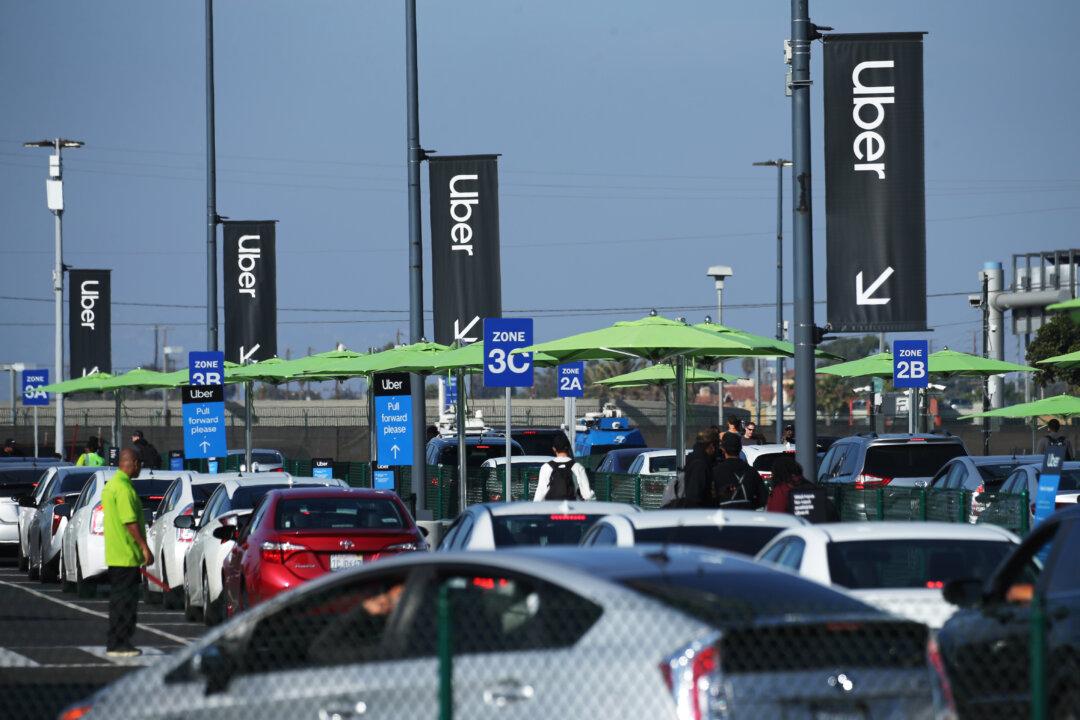In the month of May, two of President Donald Trump’s nominees to the famously liberal 9th U.S. Circuit Court of Appeals have been approved by the Senate, sharply along party lines. Kenneth K. Lee, who was nominated to replace the late Stephen Reinhardt, was confirmed by the Senate in a 52–45 vote on May 15. Daniel P. Collins, replacing the late Harry Pregerson, was confirmed by a 53-46 vote on May 21.
Both Reinhardt and Pregerson were regarded as two of the most liberal judges in the federal judiciary, while their replacements have faced backlash from Democrats for their conservative-leaning jurisprudence.





